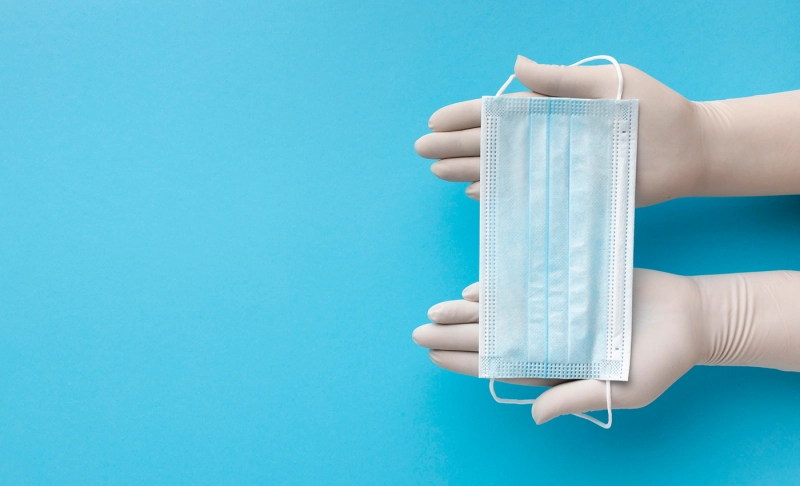By: Shashi M
May 11 2021

Israel abolished the requirement to wear masks outdoors, citing the low COVID-19 infection rate after vaccinating most of its population.
Israel abolished the requirement to wear masks outdoors, citing the low COVID-19 infection rate after vaccinating most of its population.On April 18, 2021, Israel's Ministry of Health took a step towards everyday life by lifting the ban on wearing masks outside. Israeli's need to wear masks in indoor public spaces such as supermarkets, malls, and places of worship. The transition, however, was a clear indication of the country's success against the pandemic, which was aided by one of the world's earliest and fastest vaccine rollouts. More than half of adults have been completely vaccinated, and the outdoor masking rule had been in effect for about a year. Ministry of Health recommended that masks be worn at large outdoor gatherings despite the national mandate for masks removed. For the sake of everyone's wellbeing, distancing and hygiene practices are needed, it mentioned. Meanwhile, on April 18, all daycare and 12th-grade students could return to their normal personal classes, removing the requirement that some children continue to study in smaller groups. According to the New York Times report, Yuli Edelstein, Israel's health minister, urged people to carry masks for entry into indoor public spaces, where they are still needed. In Israel, daily new COVID-19 infections have dropped from a high of 10,000 in January to about 100 in recent days. On Twitter, Prof. Eran Segal of the Weizmann Institute of Science said that "life in Israel is close to pre-COVID," with 85 percent of people above 16 being vaccinated or recovering from the virus. As per Reuters report, it is estimated that 81 percent of Israelis have been wholly vaccinated, except children under the age of 16 who are not currently eligible for the Pfizer/BioNTech vaccine. The COVID-19 pandemic has given rise to a lot of potentially dangerous misinformation. For reliable advice on COVID-19 including symptoms, prevention and available treatment, please refer to the World Health Organisation or your national healthcare authority.